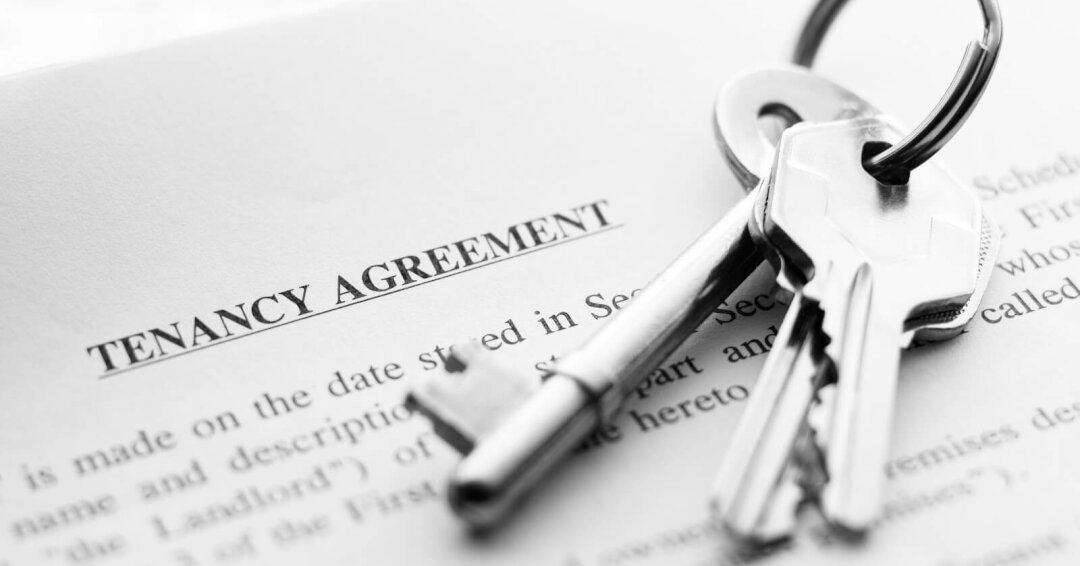You've found the perfect property and received an offer letter. What's next?
There are some things you can prepare for the referencing process, so you can quickly sign your tenancy agreement and move into your new home
Proof of identity (ID): to prove you are who you say you are and you have the right to live in England.
In England, your agent or landlord is legally required to view and photocopy a valid form of ID, such as a British passport or national identity card or a letter of attestation and drivers license with a birth certificate.
If you are a non-British citizen, you may be able to provide a share code to prove your immigration status, for your landlord to undergo the check online. Proof of identity (ID): to prove you are who you say you are and you have the right to live in England.
You can find more information about this check on the government’s website. The right to rent check is not applicable in Wales, Scotland, or Northern Ireland.
Proof of income or employment: to prove your funds can cover the rent
You’ll normally need to provide at least three months' worth of your most recent payslips or proof from your employer in form of a written or verbal reference from them of your current salary, which should usually be 2.5 times the yearly rent.
If you’re self-employed, a tax return or a reference from your accountant will do instead. You should inform your employer or accountant in advance that they’ll be contacted. If you have savings, you need to provide three months' worth of recent bank statements as proof.
Previous landlord’s reference: to comment on your previous tenancy.
Let them know in advance that they’ll be contacted, to get a faster response.
Proof of address
To check your current and previous addresses, here are the most commonly accepted proof of address documents:
- Recent utility bill (excluding phone bill or insurance document)
- Council tax bill issued for the current year
- UK driving licence
- Recent bank, credit card or building society statement
- Previous tenancy agreement
Permission for a credit check: to do a ‘soft check’ of your credit history.
You'll simply need to give your written permission for your landlord, agency, or their provider to get an overview of your credit history, using publicly available data. The consent is normally part of your application when choosing to reference with us regardless. This is a soft check so don't worry - your credit score won’t be affected. You can even run your own check in advance, to make sure there'll be no issues.
Guarantor: someone who agrees to pay the rent or any damages if you can’t.
Your guarantor will have to go through a similar referencing process and credit check, as they can't have any adverse credit. You should bear someone in mind and let them know as soon as possible if they’re needed. They'll traditionally need a salary of near 3 x the rent to pass referencing and be MUST be living in the UK ideally as a homeowner.
Payments: to secure the property and pay the security deposit.
Paying a holding deposit secures the property and you can choose for it to go towards your security deposit (maximum of 5 weeks rent, or 6 weeks’, if your annual rent is more than £50,000), which will be held in a secure deposit protection scheme. You may also need to pay at least a month’s rent in advance, so you’ll always be paying rent for the month ahead.
Once you’ve collected all your documents, organised your finances, and spoken with the right referees, you’ll be set for the referencing process.

